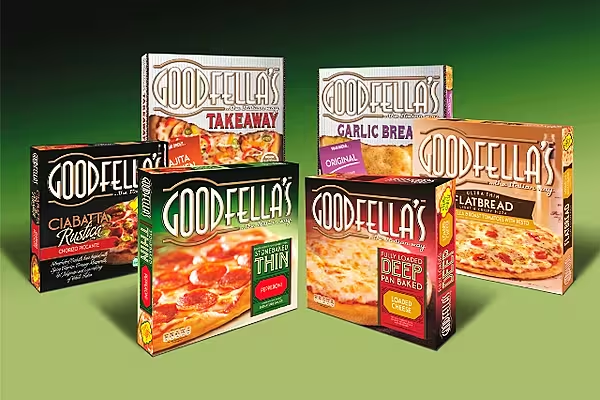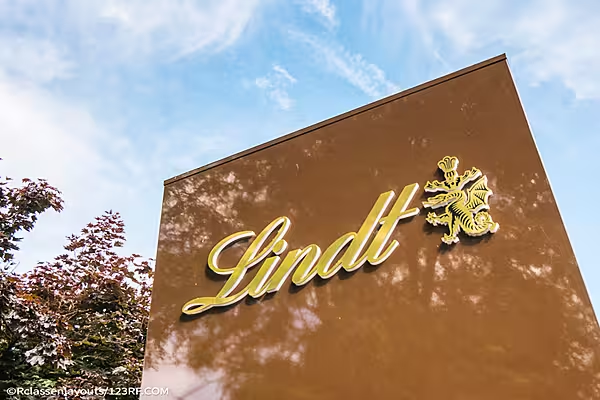Brazil’s inflation slowed more than analysts forecast in the month through mid-October after the central bank cut the key interest rate for the first time in four years, kicking off what is expected to be a long cycle of monetary easing.
Inflation as measured by the IPCA-15 index decelerated to 0.19 percent, its slowest level since August 2014, after a 0.23 percent increase a month earlier, the national statistics agency said Friday. That compares with the median estimate from 48 analysts surveyed by Bloomberg for a 0.21 percent increase. Twelve-month inflation decelerated to 8.27 percent, its slowest pace since in more than a year.
Brazil’s central bank this week cut the country’s benchmark interest rate from a ten-year high. It kept a cautious tone, however, reducing the so-called Selic by half the amount many economists forecast, and saying that more aggressive cuts require greater confidence in the inflation trajectory. Market expectations have yet to mirror the central bank’s optimism that price increases will converge to the 4.5 percent target next year.
Swap rates on the contract due in January 2018 fell 1 basis points to 12.09 percent in early trading.
Prices for food and beverages fell 0.25 percent, after a 0.01 percent decrease in the month through mid-September, the statistics agency said. It was the biggest drop since August 2014.
“Recent inflation showed itself more favorable than expected, in part as a function of the reversal in the increase of food prices,” the central bank said in the statement from its decision on Oct. 19. It added that the amount of slack in the economy could slow inflation faster than its forecast.
Uncertainty around the approval of fiscal adjustment measures and signs that disinflation might have paused for the IPCA components most sensitive to monetary policy are among the risks going forward, the central bank said in its statement. Inflation expectations are also still above the bank’s target. Economists surveyed by the central bank forecast the cost of living will rise 5.04 percent next year.
News by Bloomberg, edited by ESM. To subscribe to ESM: The European Supermarket Magazine, click here.











